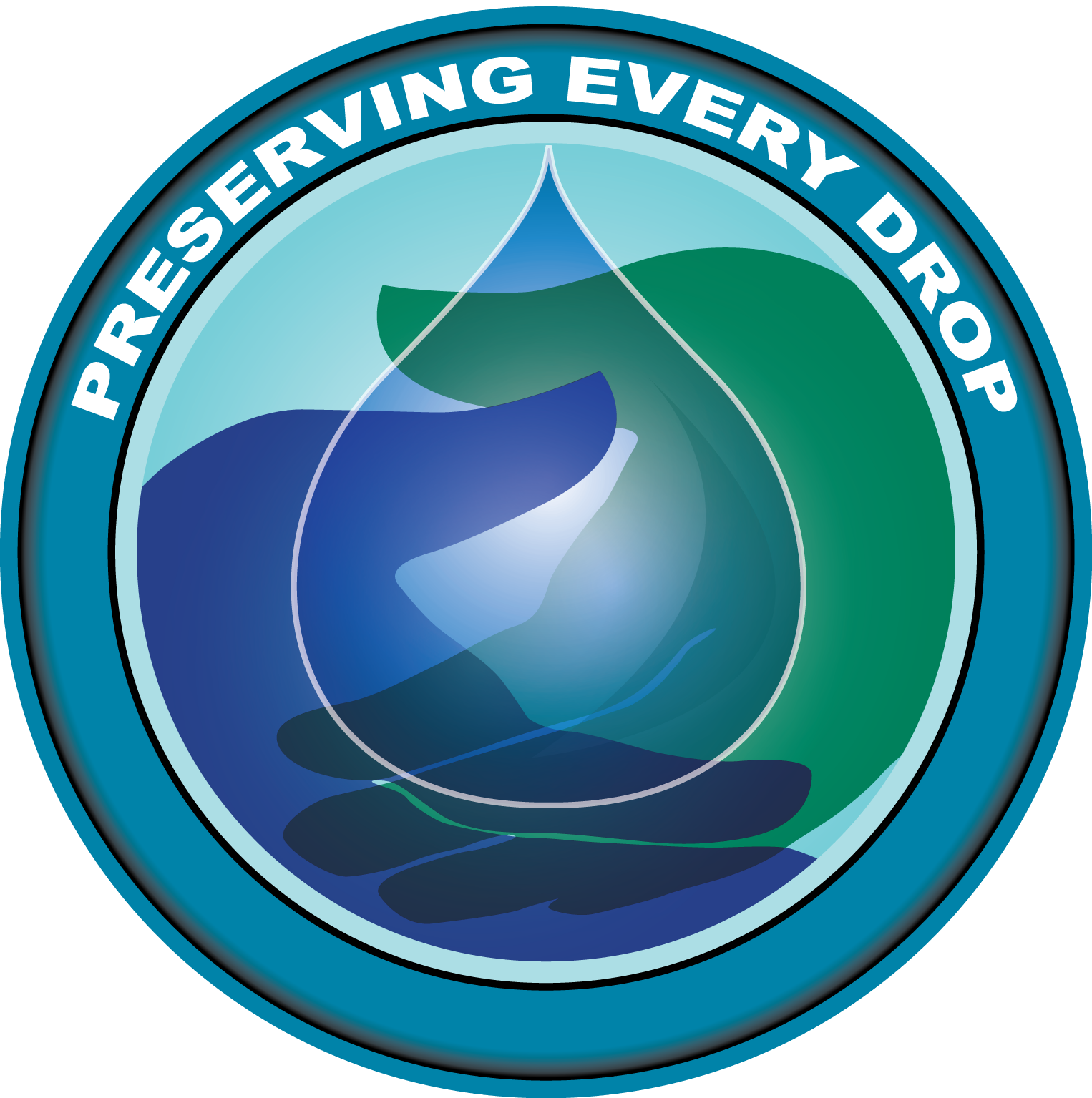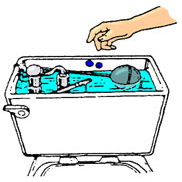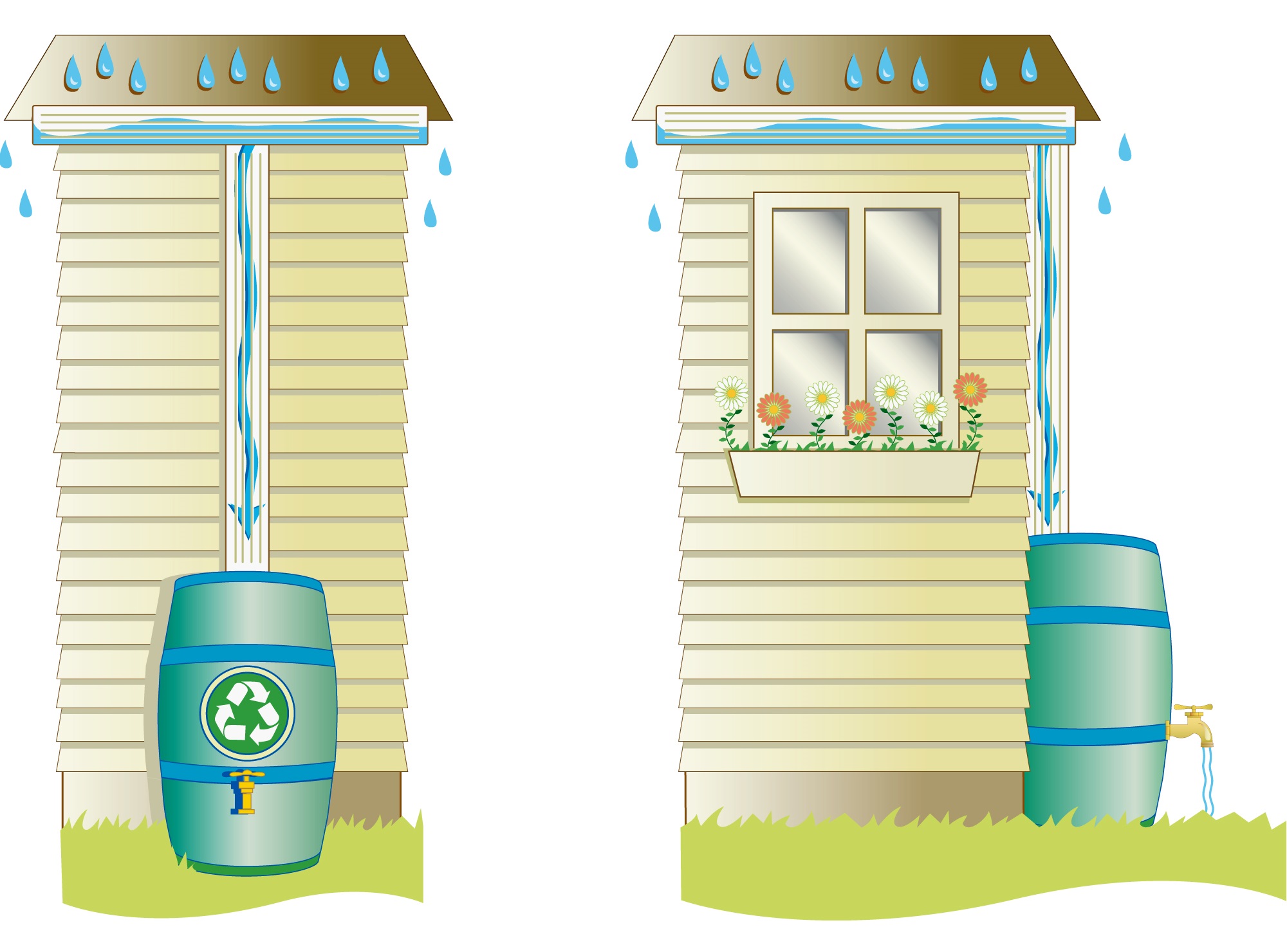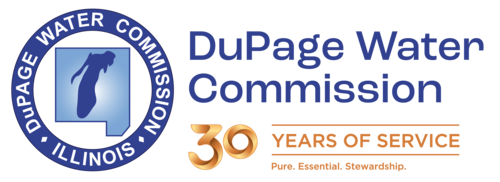CONSERVATION PROGRAMS

The following four programs were developed by DuPage Water Commission for the Water Conservation and Protection Program (WCAPP). They were developed to provide tools and information to bring conservation to your home.
- Program 1 – Water Pledge
- Program 2 – Residential Leak Detection and Repair
- Program 3 – Rain Gauge and Landscape Irrigation
- Program 4 – Rain Barrel Usage
Water conservation is everyone’s responsibility.
As water users, we must preserve our water supply so it will be available today and for generations to come. Water conservation allows us to use water more efficiently and reduce water waste. Making a pledge today to preserve every drop and help us reach our goal of reducing water use by 10% in the next 10 years.
How it works…
- Fill out the pledge either online or by mail
- Identify the ways that you can conserve water in and around your home
- Examples of ways to conserve are:
- Decrease your shower by two minutes
- Repair leaky toilets
Click here to download the pledge. Take the Water Quiz or use a Water Calculator to find out how much water you use.
Toilet leaks can waste over 100 gallons a day! Fix a leaking toilet and start saving water AND money today.
 There is a simple, easy way to check your toilet for leaks!
There is a simple, easy way to check your toilet for leaks!
Leak Detection Tablets can be obtained from your community or you can use food coloring.
Here are some ways to fix different leaks:
- Adjust float arm. Remove the tank lid and lift up on the float arm. If water stops flowing into the tank, the float ball isn’t high enough to lower the
 valve plunger in the ballcock assembly. Adjust the connection to the inlet float valve or bend the arm slightly to move the ball away from the tank side.
valve plunger in the ballcock assembly. Adjust the connection to the inlet float valve or bend the arm slightly to move the ball away from the tank side. - Check to see if your float ball is leaking. If more than half of the float is underwater, it may have a leak. Turn the water supply valve clockwise and flush the toilet to empty it. Unscrew the float and shake it. If you hear water inside, replace the float ball.
- Replace the flapper valve. The flapper valve can become worn or distorted so that it does not seal the tank. Remove the flapper and replace it with a new one.
Watch more helpful WaterSense videos here.
For more information on how to fix toilet leaks see our Toilet Leak Detection Pamphlet. For other ways to save inside the house, see the Indoor Water Use Pamphlet.
On average, ½ of the annual water used in a single-family home will be used for lawn care!
- Rain gauges measure how much rain your lawn receives.
- They can help you tell when to water outdoor plants and turf and how much to water.
- Rain gauges have information on how to best use them as well as helpful lawn care tips.
- Rain gauges can come in many different sizes, shapes and colors. You can buy one at the hardware store or make on yourself. Click here to see an activity for how to make your own rain gauge.
- See your local community to pick up your rain gauges or make your own.
- See our Rain Gauge and Landscape Watering Pamphlet for how to use rain gauges in relation to how often to water your lawn. For other ways to conserve water outside, see the Outdoor Water Use Pamphlet.

Watering lawns wastes our drinking water and energy resources.
-
- Watering lawns can be accomplished with rain water instead.
- Rain barrels
- Collect rain water from your downspout
- Conserve drinking water used for lawn care
- Example rain barrels can be found at your local community.
- Rain barrels can come in many different sizes, shapes and colors. Contact your local community for the purchase of rain barrels. Or a community group such as The Conservation Foundation. Click here for a rain barrel brochure courtesy of The Conservation Foundation. The Conservation Foundation also has a rain barrel installation video which can be viewed here.
- How to Install a Rain Barrel and Rain Barrel Installation Guide courtesy of DuPage County.
- Check out The Conservation Foundation for more information on rain barrels:www.theconservationfoundation.org
Have Any Questions?
If you have any questions or comments about the DuPage Water Commission please contact us.

